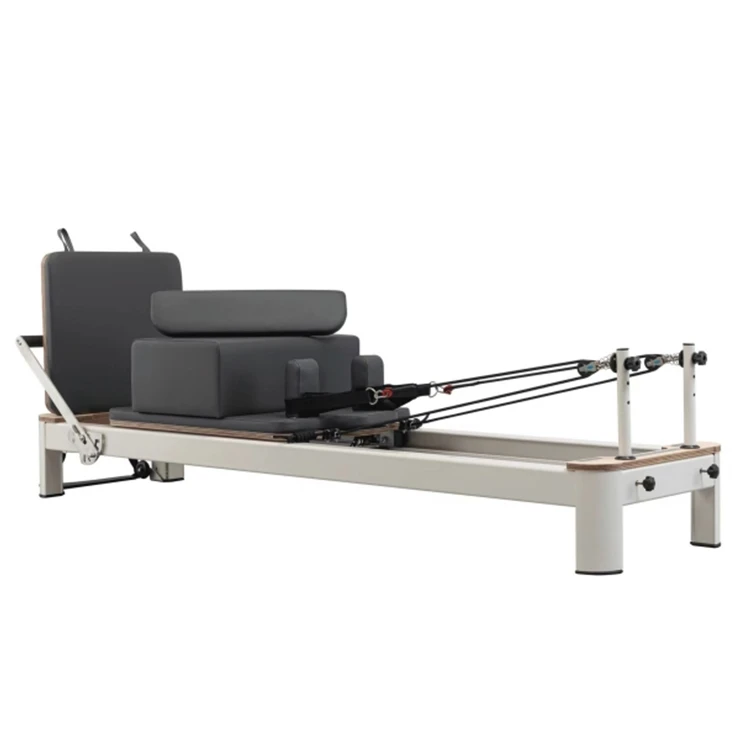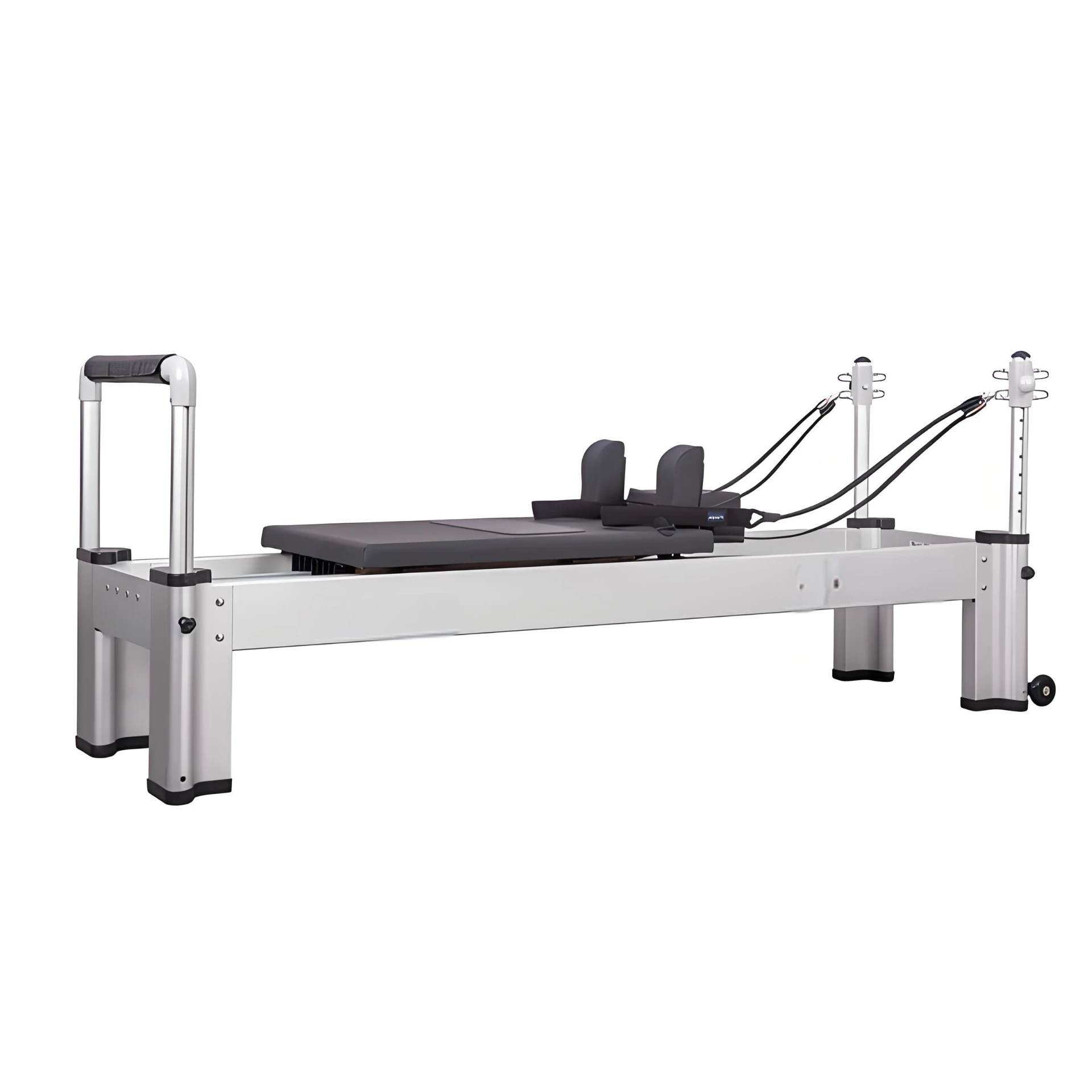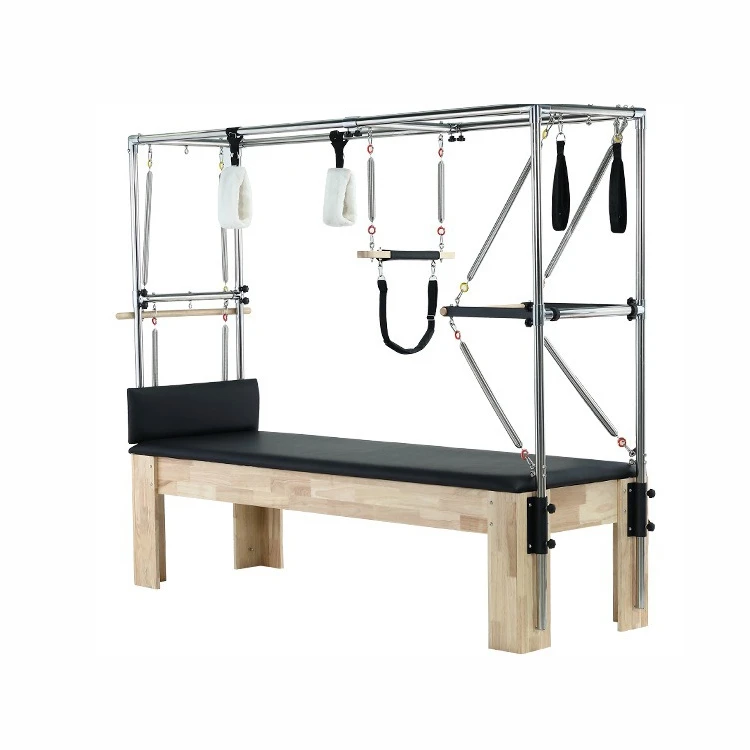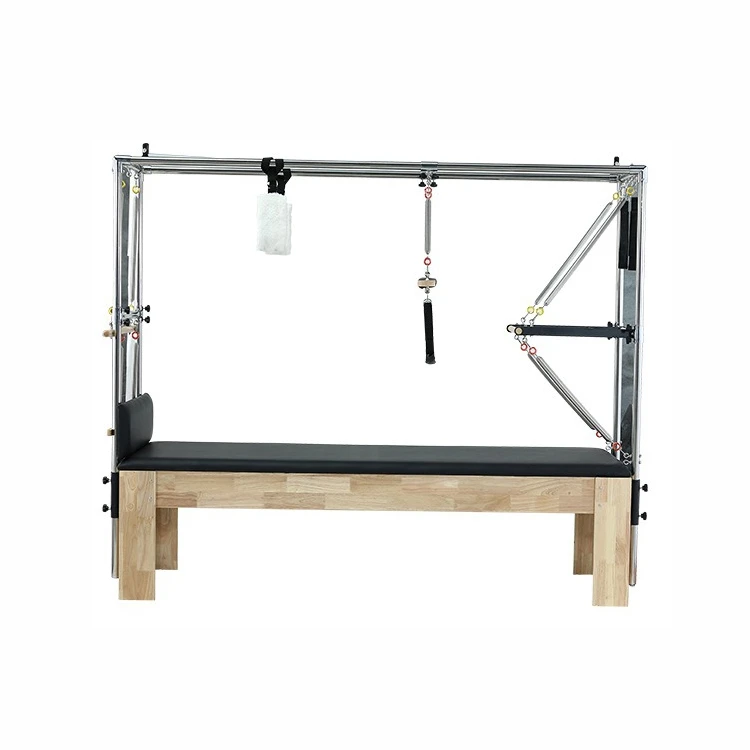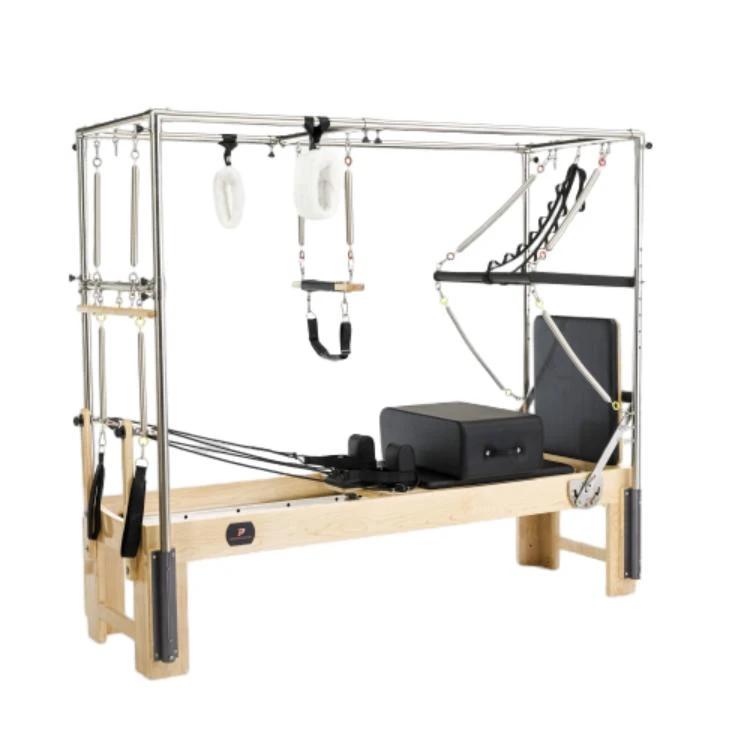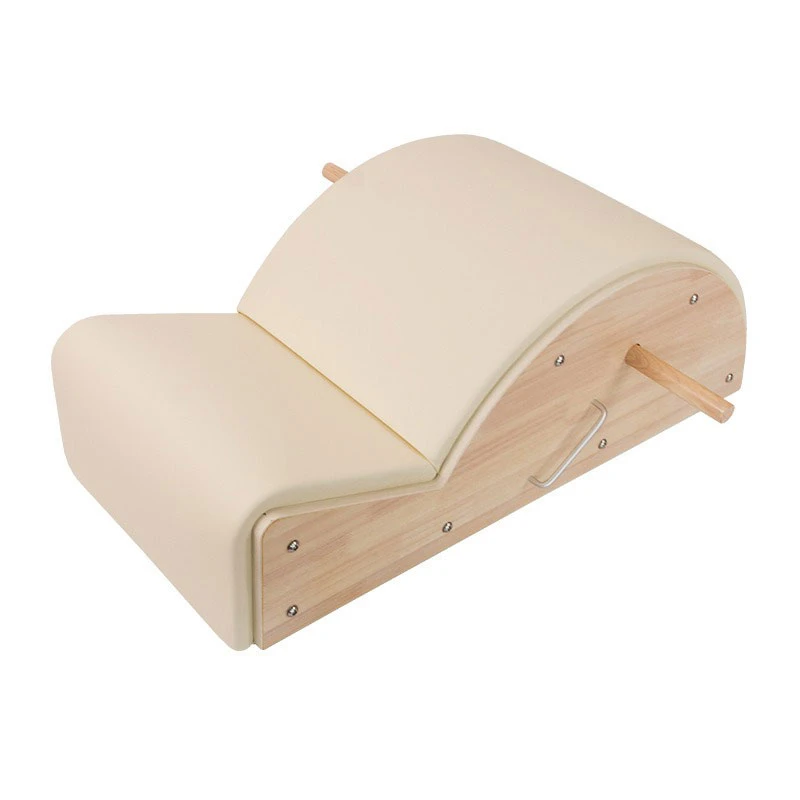Feb . 08, 2025 07:56
Back to list1111
Fitness Machine Black Oak Foldable Reformer Pilates Machine Professional Pilates Reformers
As the fitness landscape continuously evolves, non-reformer Pilates has emerged as a revolutionary approach that captivates those seeking a fresh perspective on wellness. For fitness enthusiasts, understanding the depth of this discipline requires exploring its myriad benefits and nuanced techniques. While reformer Pilates often steals the spotlight with its sleek machinery, non-reformer Pilates quietly commands attention with its simplicity and effectiveness.
Expert instructors play an indispensable role in guiding individuals through non-reformer Pilates sessions, ensuring correct form and alignment to maximize benefits and prevent injuries. As part of its professional expertise, non-reformer Pilates encourages personalized instruction to accommodate specific needs and goals. Whether pursued in private sessions or group classes, receiving guidance from a certified Pilates instructor significantly enriches the practice. Trustworthiness in the practice of non-reformer Pilates stems from its longstanding history and global adoption. Developed by Joseph Pilates in the early 20th century, the Pilates method has been refined and adapted to suit contemporary needs while retaining its foundational principles. Its wide acceptance and continuous evolution bolster the credibility of non-reformer Pilates as a reliable and efficacious exercise system. To enhance one’s practice, incorporating small props such as resistance bands, stability balls, or magic circles can add variety and challenge to non-reformer Pilates workouts. These tools can intensify the exercises and target muscle groups with greater precision, offering an expansive repertoire of movements and techniques without the need for a reformer. For those contemplating integrating non-reformer Pilates into their fitness regimen, consistency is key. Ideally practiced two to three times a week, regular sessions yield optimal results, paving the way for increased physical performance and well-being. As with any exercise program, gradual progression and listening to one’s body are imperative to avoid overexertion. In conclusion, non-reformer Pilates offers an unmatched blend of simplicity, versatility, and effectiveness. Its focus on core strength, flexibility, and mindful movement creates a holistic fitness experience that aligns with modern lifestyles. By embracing non-reformer Pilates, individuals not only cultivate physical well-being but also nurture mental resilience, proving that sometimes, less truly is more.
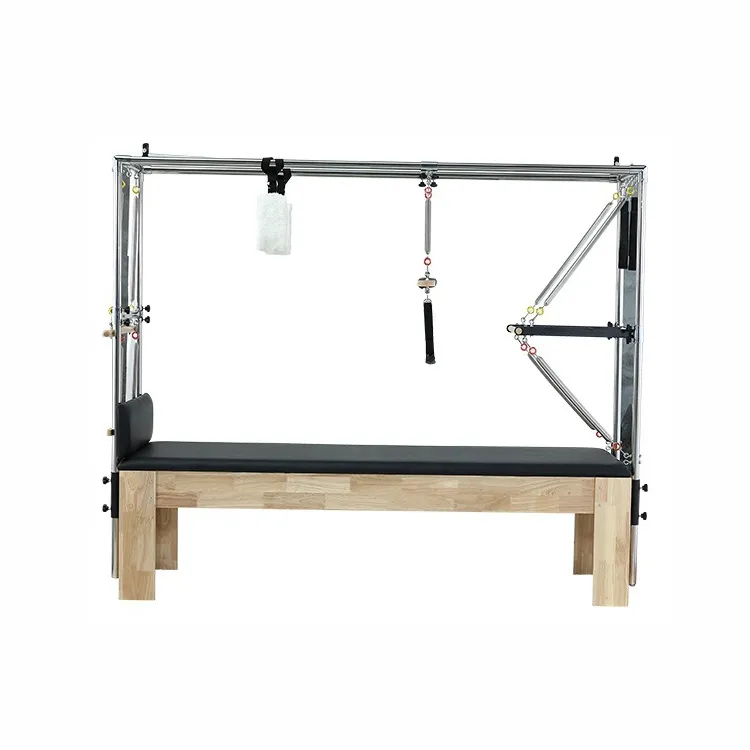

Expert instructors play an indispensable role in guiding individuals through non-reformer Pilates sessions, ensuring correct form and alignment to maximize benefits and prevent injuries. As part of its professional expertise, non-reformer Pilates encourages personalized instruction to accommodate specific needs and goals. Whether pursued in private sessions or group classes, receiving guidance from a certified Pilates instructor significantly enriches the practice. Trustworthiness in the practice of non-reformer Pilates stems from its longstanding history and global adoption. Developed by Joseph Pilates in the early 20th century, the Pilates method has been refined and adapted to suit contemporary needs while retaining its foundational principles. Its wide acceptance and continuous evolution bolster the credibility of non-reformer Pilates as a reliable and efficacious exercise system. To enhance one’s practice, incorporating small props such as resistance bands, stability balls, or magic circles can add variety and challenge to non-reformer Pilates workouts. These tools can intensify the exercises and target muscle groups with greater precision, offering an expansive repertoire of movements and techniques without the need for a reformer. For those contemplating integrating non-reformer Pilates into their fitness regimen, consistency is key. Ideally practiced two to three times a week, regular sessions yield optimal results, paving the way for increased physical performance and well-being. As with any exercise program, gradual progression and listening to one’s body are imperative to avoid overexertion. In conclusion, non-reformer Pilates offers an unmatched blend of simplicity, versatility, and effectiveness. Its focus on core strength, flexibility, and mindful movement creates a holistic fitness experience that aligns with modern lifestyles. By embracing non-reformer Pilates, individuals not only cultivate physical well-being but also nurture mental resilience, proving that sometimes, less truly is more.
Latest news
-
Types of Pilates Machines Used in Group Classes Versatility GuideNewsJul.07,2025
-
Pilates Spine Corrector Benefits for Posture and Core StrengthNewsJul.07,2025
-
Pilates Chair for Sale Adjustable Spring Systems for All Fitness LevelsNewsJul.07,2025
-
Ladder Barrel for Sale Commercial-Grade Wooden ConstructionNewsJul.07,2025
-
Eco-Friendly Pilates Studio Equipment Sustainable Materials GuideNewsJul.07,2025
-
Adjustable Pilates Chair Settings for All Fitness LevelsNewsJul.07,2025
Hot Products
Newsletter
Get the latest updates and offers...
Contact
We are always ready to help you.There are many ways to contact you.You may drop us on line. Give us a
call or send a an email.choose what suits you most.
- Address
- Room 1601, 1302, Building A, Zijingguandi, Qiaodong District, Xingtai City, Hebei Province, China
- Sandra@raetin.com
- Phone
- +86 18231139331

